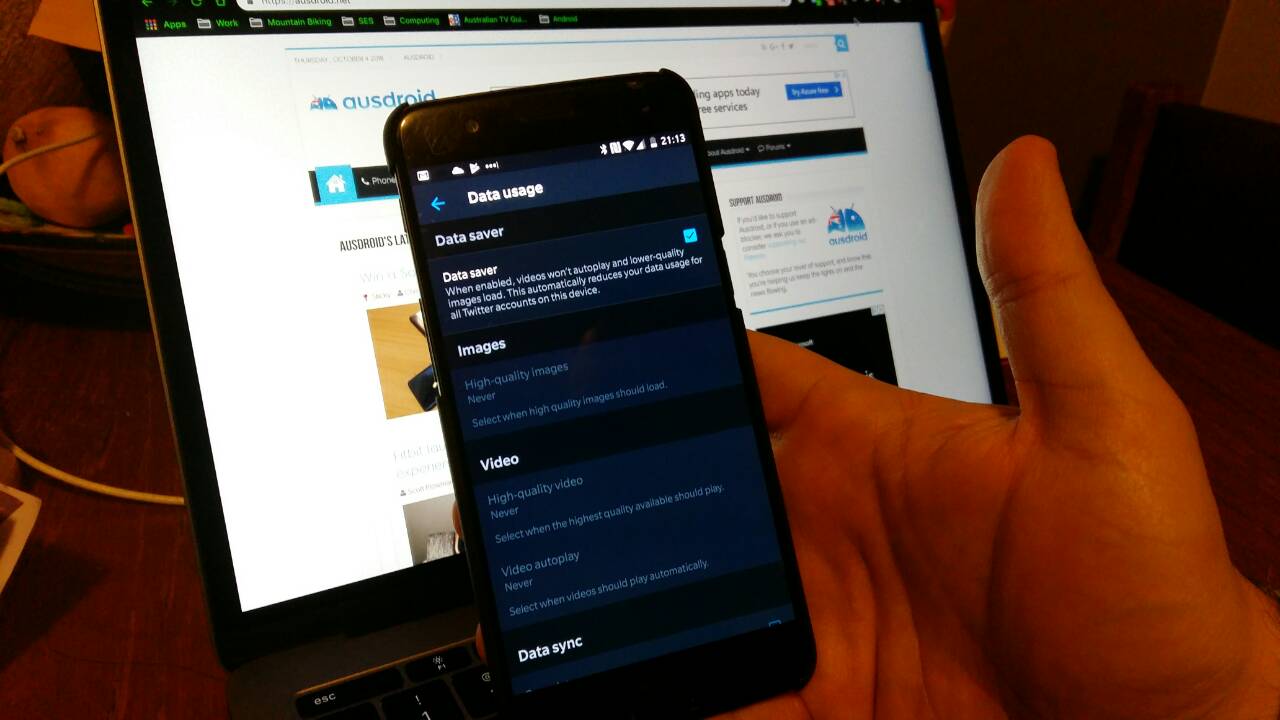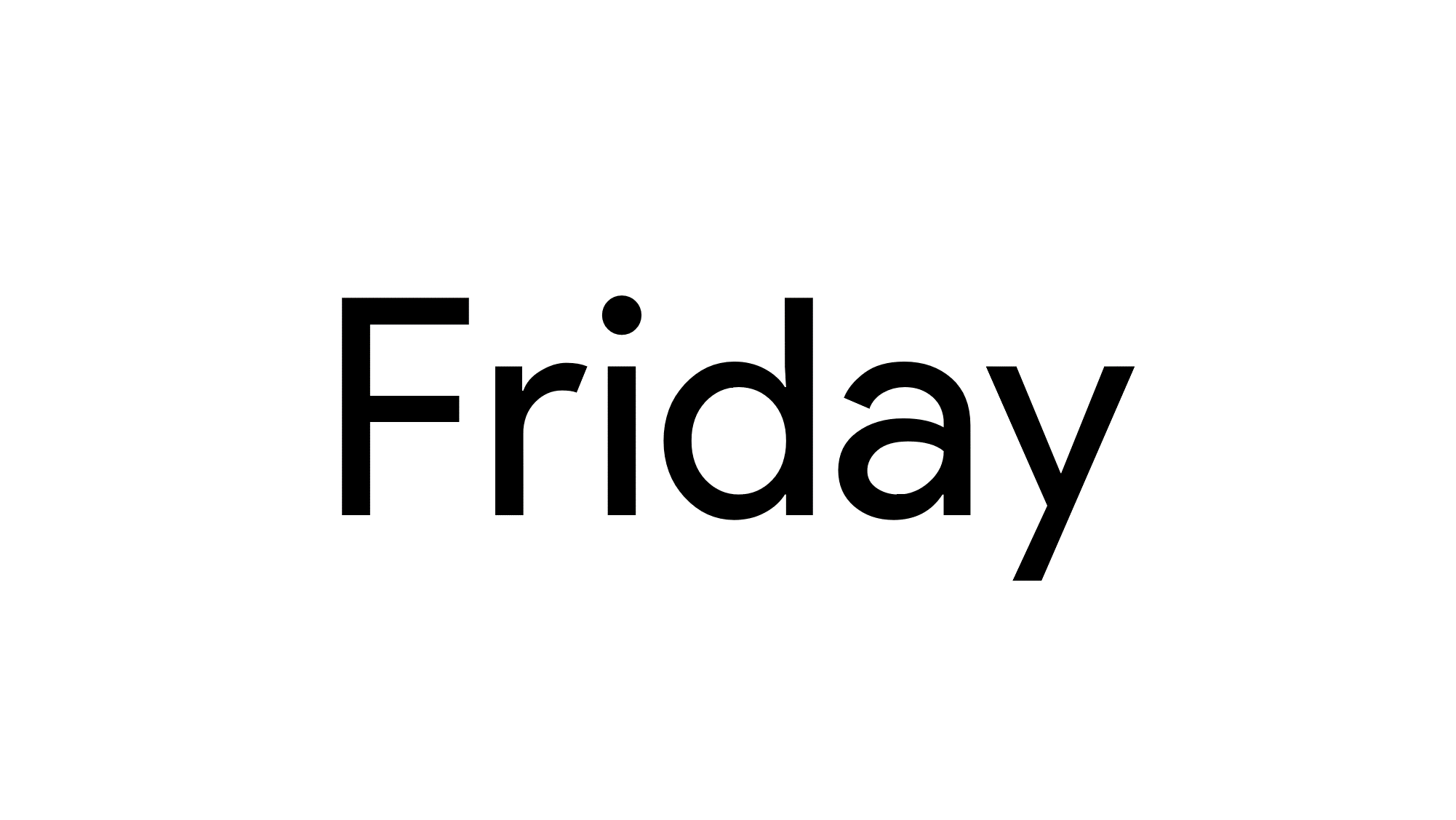Twitter is one of the few social media channels where users can find comfort in anonymity. Unfortunately that can also lead to some feeling comfortable in harassing and abusing others. A potential resolution is on the horizon with the ability to limit who can reply to your Twitter posts.
Testing, testing…
A new way to have a convo with exactly who you want. We’re starting with a small % globally, so keep your 👀 out to see it in action. pic.twitter.com/pV53mvjAVT
— Twitter (@Twitter) May 20, 2020
In the early stages of the rollout only a select few users have visibility on the feature. It presents as a globe icon that then expands, offering you the choice of who to allow to respond: Everyone, People You Follow or Only People You Mention.
Users not part of your selected groups will simply not have the option to reply, it will be greyed out for them. The option to view, like and retweet will still be available to all readers though.
It’s a mixed bag, whether you like it or not. The open nature of communication on Twitter does lend itself to continual replies and potential for abuse. Perhaps this new feature may help, or perhaps users will find a way around it.





While this will help cut down on the trolling, spam and abuse in replies, the problem I see with this is that people with bad intentions will lock up replies for their crappy takes or disinformation/misinformation so that they can’t be called out on such things.
I am sure that those who get horrendous trolling will appreciate this; I am whilst I get trolled less bothered by it so will probably not make use of it.
Tim, I do find your comment most curious. Having seen the discussions on Facebook and Twitter I much prefer Twitter for the maturity of the conversations on offer. I am even aware of some “controversial” politicians who have left Twitter for Facebook because they could control the narrative better, i.e., constructive criticism and being held to account were not something that they liked.
Oh I agree RE Facebook for sure. I see Twitter as a more legitimised platform simply because its the first place most public figures post and as a result the first place most news articles will link to but yet the format doesn’t elicit great quality.
I only use FB for event invitations these days so I’m not the best to objectively compare social media platforms 🙂
good stuff. twitter at its worst is a cesspool where the most inflammatory and polarised sutff makes it to the top with trolls disrupting lots of dialogue. maybe this can help